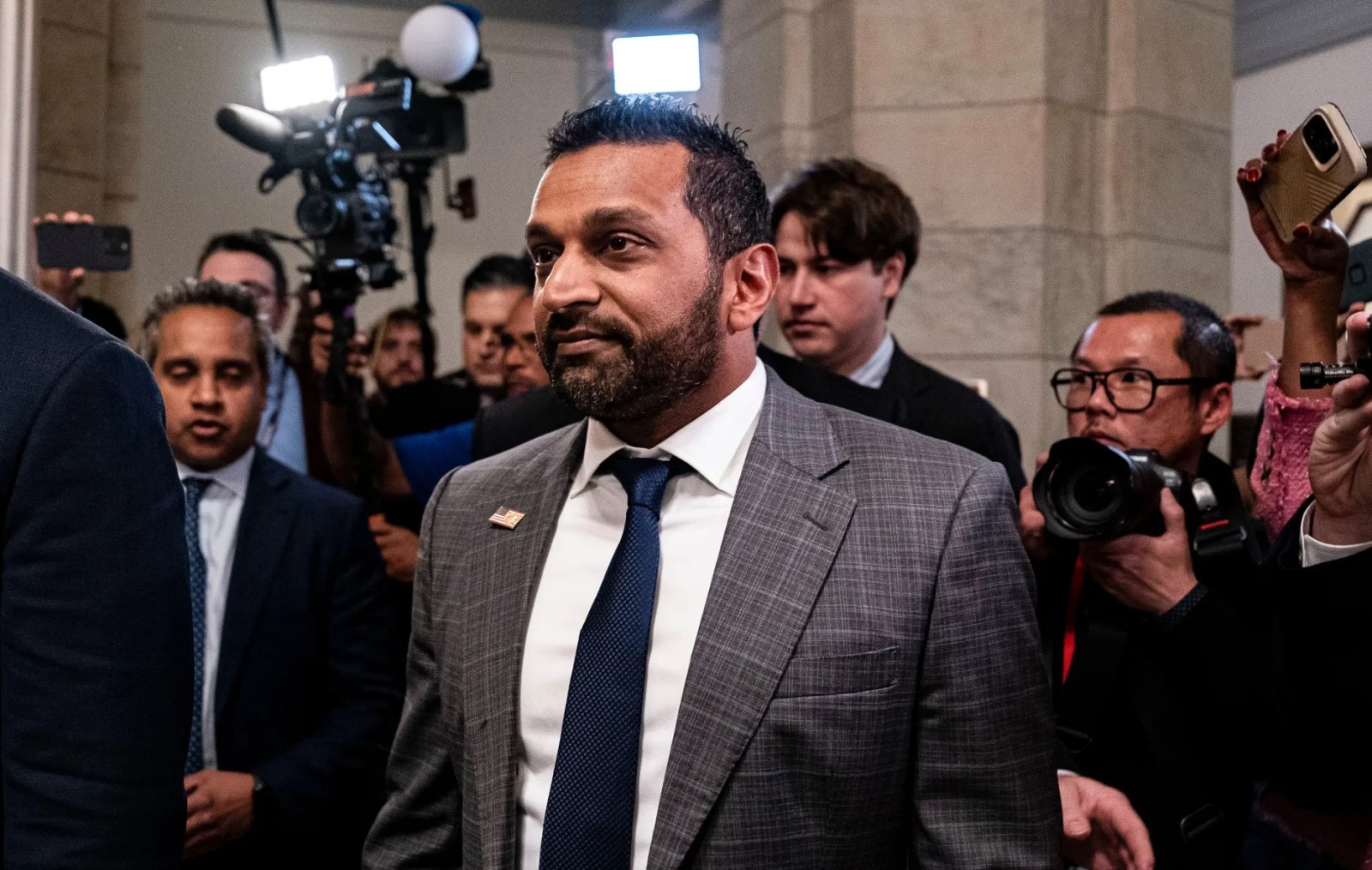In a significant development that could reshape perceptions of past FBI operations, Director Kash Patel has initiated an investigation into former FBI Director James Comey over allegations that Comey authorized a secret surveillance effort targeting the 2016 Trump campaign. This probe, reported by The Washington Times, centers on claims made by a whistleblower who alleges that Comey personally ordered an off-the-record operation using undercover “honeypot” agents.
Allegations of a Covert Operation
According to the whistleblower, the controversial investigation began in 2015 when Comey purportedly directed the use of two female undercover agents to infiltrate the Trump campaign. Unlike the widely publicized Crossfire Hurricane probe—which focused on potential Russian interference—this covert operation was allegedly intended as a “fishing expedition” designed to gather any incriminating evidence against then-candidate Trump. The whistleblower contends that Comey not only personally oversaw the operation but also deliberately kept it off the official record by bypassing established FBI filing systems like Sentinel.
In a detailed disclosure provided to the House Judiciary Committee last year, the whistleblower claimed to have personal knowledge that Comey ordered and managed the operation without creating an official case file. “The case had no predicated foundation, so Comey personally directed the investigation without ever filing it officially,” the whistleblower stated. This lack of proper documentation, according to the disclosure, allowed the operation to fly under the radar and remain hidden from oversight, including from Justice Department Inspector General Michael E. Horowitz, who was tasked with investigating FBI conduct during the 2016 campaign probe.
The Role of Undercover “Honeypot” Agents
In intelligence terminology, a “honeypot” refers to an operative—typically a woman—who pretends to show romantic or sexual interest in a target to extract sensitive information. The whistleblower’s account alleges that Comey employed this tactic, using two female agents to infiltrate the Trump campaign. The operation, if true, appears to have been designed as a broad, unfocused search for any damaging evidence that could later be used against Trump. However, it was not linked to any specific criminal wrongdoing and did not culminate in a formal case file.
New FBI leadership, including Director Patel and the recently appointed Deputy Director Dan Bongino, has now turned its attention to this clandestine operation. Their investigation is reportedly focusing on locating the two undercover agents involved in the 2015 operation to determine the full scope and intent behind the surveillance efforts. The probe aims to uncover whether the operation was driven by genuine national security concerns or if it reflected a deeper institutional bias against Trump and his campaign.
Questions of Bias and Accountability
The whistleblower’s disclosure further suggests that the covert operation may have been influenced by internal biases at the FBI. Although the investigation appears not to have provided any information to Trump’s criminal defense team, critics argue that such secretive practices could undermine trust in the bureau’s impartiality. The allegations raise uncomfortable questions about whether internal procedures were subverted to target a political campaign, thereby casting doubt on the objectivity of the FBI during that critical period.
One particularly contentious aspect is the absence of an official investigation file. The whistleblower noted that despite the FBI’s numerous methods for protecting highly sensitive operations, there was no valid reason for Comey to forgo the creation of an official record. This omission not only complicates the historical understanding of the case but also makes it challenging to hold individuals accountable for potentially politically motivated actions.
The Closure of the Operation
Interestingly, the whistleblower revealed that the covert operation was eventually shuttered when a major newspaper nearly published a photograph of one of the undercover agents. The impending public disclosure prompted the FBI Press Office to intervene, claiming that the image depicted an informant who would be endangered if the photograph were released. However, The Washington Times reported that the image actually showed an undercover employee. Moreover, one of the agents involved reportedly chose to transfer to the CIA to avoid becoming entangled in legal proceedings, while the other was promoted to a high-ranking position within a major FBI field office.
The revelation that certain FBI personnel were instructed never to discuss the operation—under threat of severe repercussions—has added further gravity to the investigation. The directive was seen by the whistleblower as a clear attempt to silence any discussion about the unauthorized surveillance effort, highlighting a culture of secrecy that new leadership appears determined to confront.
🚨 JUST IN: Kash Patel and the FBI have launched an investigation into former Director James Comey’s spying on President Trump’s 2016 campaign
JUSTICE IS COMING! 🔥
Comey and the Obama FBI sent two female “honeypot” agents to infiltrate the Trump campaign, traveling with Trump… pic.twitter.com/VXqfWjHeja
— Nick Sortor (@nicksortor) February 25, 2025
Implications for the Future of FBI Oversight
The ongoing probe into Comey’s covert operation is likely to have significant repercussions. It not only challenges the methods employed by the FBI during the 2016 election cycle but also calls into question the balance between national security interests and adherence to lawful procedures. If the investigation confirms the whistleblower’s claims, it could lead to a broader reassessment of how political investigations are conducted and documented within the bureau.
The new leadership under Patel and Bongino is expected to use this investigation as a means to restore public confidence in the FBI. By shedding light on past missteps and ensuring that proper protocols are followed in all operations, the agency aims to reaffirm its commitment to impartiality and accountability. This could, in turn, influence future decisions regarding internal oversight and the safeguarding of sensitive information.
As the investigation unfolds, its findings will likely fuel ongoing debates about the politicization of federal law enforcement and the mechanisms in place to prevent abuse of power. For now, the probe into Comey’s alleged use of undercover “honeypot” agents remains a critical test of the FBI’s commitment to transparency and the rule of law.

